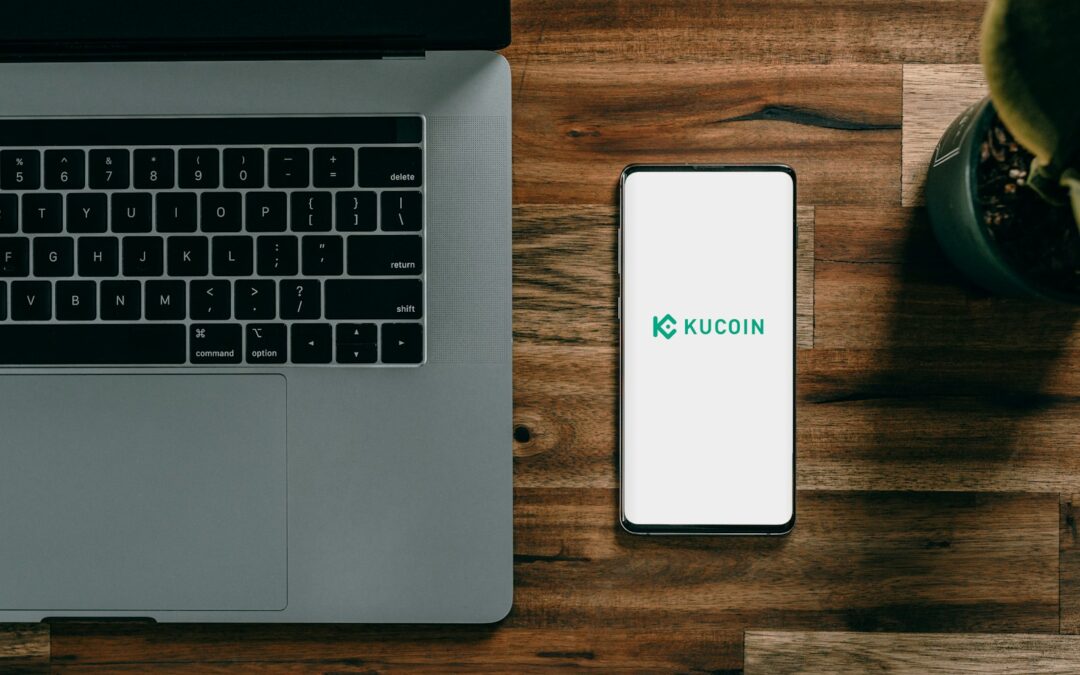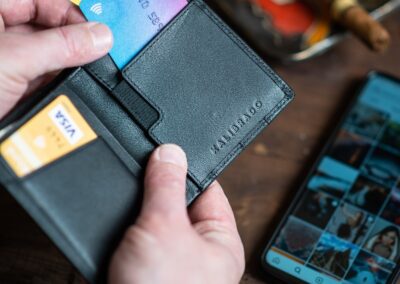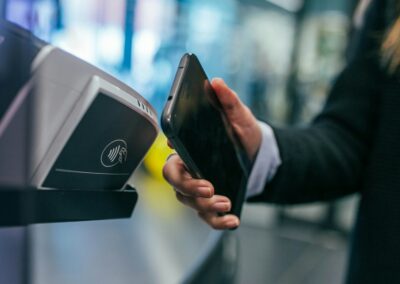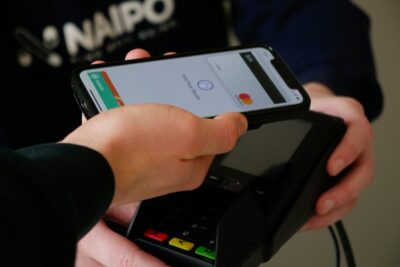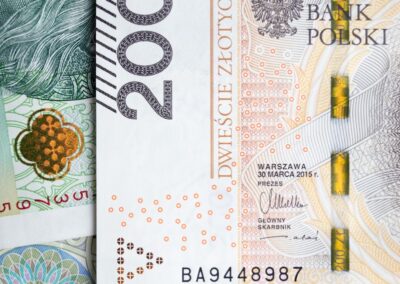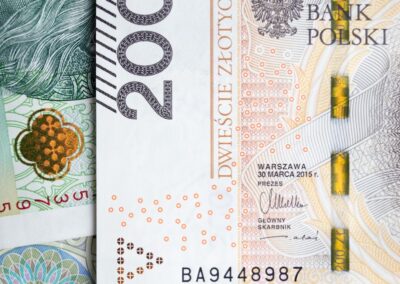Reducing Reliance on Correspondent Banking Networks with Blockchain
The Impact of Blockchain on Payment Systems in Saudi Arabia and the UAE
Blockchain in Middle Eastern Payment Systems is revolutionizing the way financial transactions are conducted. By reducing the reliance on correspondent banking networks, blockchain technology is streamlining the payment process and significantly reducing costs. This shift is particularly transformative in regions like Saudi Arabia and the UAE, where efficient and secure financial transactions are crucial for business success.
Traditionally, international payments have relied on correspondent banking networks, which involve multiple intermediaries to process transactions. This system, while effective, is often slow, costly, and prone to errors. Blockchain technology addresses these issues by providing a decentralized and immutable ledger that records all transactions transparently and securely. In Riyadh and Dubai, the adoption of blockchain in payment systems is enhancing efficiency, reducing transaction costs, and minimizing the risk of fraud.
Businesses in the Middle East are increasingly recognizing the benefits of blockchain for payment processing. By eliminating the need for intermediaries, blockchain enables faster settlement times and lower transaction fees. This is particularly advantageous for small and medium-sized enterprises (SMEs) that rely on cost-effective payment solutions to remain competitive. As blockchain technology continues to evolve, it is expected to play an even more significant role in transforming payment systems in Saudi Arabia and the UAE.
Streamlining the Payment Process with Blockchain Technology
The implementation of blockchain in payment systems is streamlining the payment process in unprecedented ways. In Saudi Arabia and the UAE, businesses are leveraging blockchain to facilitate cross-border transactions with greater speed and security. Blockchain’s decentralized nature ensures that all transactions are recorded in a tamper-proof ledger, providing a high level of transparency and trust.
One of the key advantages of blockchain in payment systems is its ability to process transactions in real-time. Traditional payment methods can take several days to settle, especially when involving multiple intermediaries. Blockchain eliminates these delays by enabling peer-to-peer transactions that are verified and recorded instantly. This capability is particularly beneficial in the fast-paced business environments of Riyadh and Dubai, where timely payments are essential for maintaining cash flow and operational efficiency.
Additionally, blockchain technology reduces the risk of errors and fraud in payment processing. Each transaction on the blockchain is encrypted and linked to the previous transaction, creating a secure and unalterable chain of records. This ensures that all parties can verify the authenticity and integrity of the transaction, reducing the likelihood of disputes. In the Middle East, where trust and security in financial transactions are paramount, the adoption of blockchain is enhancing the overall reliability of payment systems.
Cost Reduction and Business Efficiency through Blockchain
The cost reduction potential of blockchain in payment systems is one of its most compelling benefits. In Saudi Arabia and the UAE, businesses are constantly seeking ways to optimize their operations and reduce costs. Blockchain technology addresses these needs by eliminating the fees associated with traditional correspondent banking networks and reducing the administrative burden of payment processing.
By streamlining the payment process, blockchain allows businesses to allocate resources more efficiently. The reduction in transaction costs and processing times means that companies can focus on strategic initiatives rather than administrative tasks. This is particularly important for SMEs in Riyadh and Dubai, which often operate with limited budgets and resources. Blockchain technology provides them with a competitive edge by offering cost-effective and efficient payment solutions.
Moreover, the integration of blockchain with other modern technologies, such as artificial intelligence (AI) and the Internet of Things (IoT), is further enhancing business efficiency. AI-driven analytics can provide valuable insights into payment trends and customer behavior, enabling businesses to make data-driven decisions. IoT devices can automate payment processes, reducing the need for manual intervention and minimizing errors. In the Middle East, the convergence of blockchain, AI, and IoT is driving a new era of business innovation and efficiency.
Leadership and Management in the Blockchain Era
The rise of blockchain in payment systems is reshaping leadership and management practices in the Middle East. Business executives and mid-level managers in Saudi Arabia and the UAE must understand and navigate the complexities of blockchain technology to stay competitive. This requires a new set of skills and a willingness to embrace innovation and modern technology.
Effective project management is critical in this new financial landscape. Managers can use blockchain to automate various aspects of their projects, from payment processing to supply chain management. This automation reduces administrative burdens and allows managers to focus on strategic decision-making and business growth. As a result, companies in Riyadh and Dubai are becoming more agile and responsive to market changes, positioning themselves for long-term success.
Leadership skills are also evolving to meet the demands of a blockchain-driven economy. Leaders must be able to inspire and guide their teams through the transition to blockchain, fostering a culture of innovation and continuous learning. By staying abreast of the latest developments in blockchain and related technologies, leaders can ensure that their organizations are well-positioned to capitalize on the opportunities presented by this technological revolution.
The Future of Blockchain in Middle Eastern Payment Systems
The future of blockchain in payment systems in the Middle East looks promising. As blockchain technology continues to mature, its applications in payment processing are expected to expand, offering even more robust and secure solutions for businesses. In Saudi Arabia and the UAE, the adoption of blockchain is expected to accelerate, driven by the need for efficient and trustworthy payment methods.
Riyadh and Dubai are likely to become global leaders in the implementation of blockchain in payment systems, attracting international businesses and investors. The regulatory frameworks in these regions are also evolving to support the use of blockchain technology, providing a conducive environment for innovation and growth. This forward-thinking approach is positioning the Middle East as a pioneer in the use of modern technology for business success.
Furthermore, the integration of blockchain with other emerging technologies, such as AI and the metaverse, will continue to drive the development of advanced payment solutions. Businesses that embrace these technologies will be better equipped to navigate the complexities of the global market, ensuring their long-term success. By leveraging blockchain, companies in the Middle East can enhance their operational efficiency, reduce costs, and build trust with their partners and customers.
Conclusion: Embracing Blockchain for Efficient Payment Systems
Blockchain in Middle Eastern Payment Systems is transforming the way financial transactions are conducted. By reducing the reliance on correspondent banking networks, blockchain technology is streamlining the payment process and significantly reducing costs. This innovation is particularly transformative in regions like Saudi Arabia and the UAE, where efficient and secure financial transactions are crucial for business success.
As businesses and individuals in Riyadh and Dubai embrace blockchain technology, they are unlocking new opportunities for growth and innovation. The future of blockchain in payment systems is bright, and the adoption of these technologies is at the forefront of this change. By staying informed and leveraging blockchain, business executives, mid-level managers, and entrepreneurs can ensure their success in this evolving financial landscape.
#BlockchainPaymentSystems #FinancialInnovation #SecureTransactions #MiddleEastTech #RiyadhBusiness #DubaiInnovation #AIInFinance #BusinessEfficiency #ProjectManagement #LeadershipSkills

